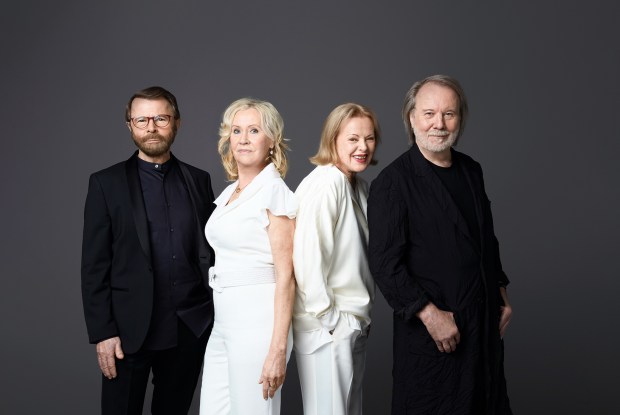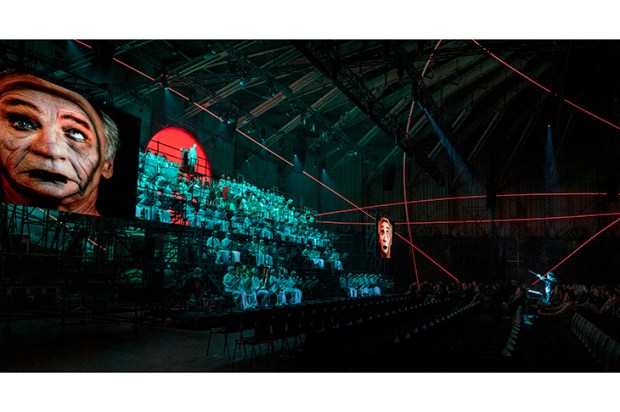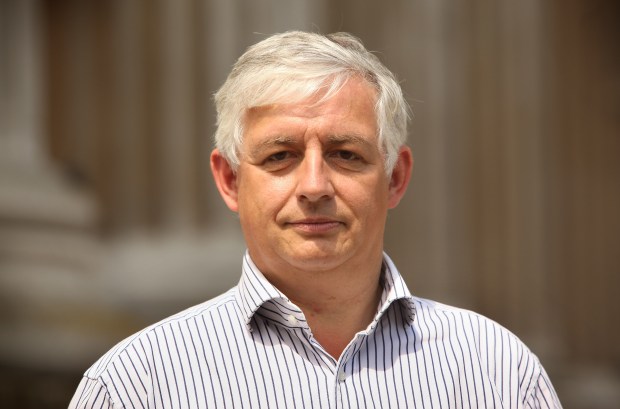One of the many cultural initiatives to have come out of France in the past 50 years — and therefore by definition to have been viewed with suspicion by the British establishment — is the Fête de la Musique. One need look no further than Margaret Thatcher and Unesco to get the flavour of what follows; but so complete has been the disinterest in the Fête around here that even I, Europhile to the core and anyway booked to perform in Paris on 21 June, had no idea what I was contributing to.
This Fête began life in 1982 when Jack Lang, then minister of culture in Paris, framed a festival that would put ‘the music everywhere and the concert nowhere’. He had just read a report on the cultural habits of the French which told him that one child out of two played a musical instrument. He reckoned that a street festival, which would promote the best of every genre of music for free, was the very thing these children and their parents needed.
Since then his festival has become an international phenomenon, celebrated on the longest day of the year in more than 460 cities (the claims to be found on the internet about quite how many cities participate are so varied as to verge on the hilarious) and in 110 countries (less scope for exaggeration here, though one wonders what did actually happen in all those places this time), including Germany, Italy, Egypt, Syria, Morocco, Australia, Vietnam, Congo, Cameroon, Mauritius, Fiji, Colombia, Chile, Nepal and Japan. Australia would seem to be the odd one out in this list.
The French government has kept a tight rein on its invention, issuing a Charter to ‘provide clear guidelines for performers, venues and presenters to ensure the spirit of the event is embraced in each city’. This includes the requirement that it is held on 21 June (except in the Southern Hemisphere, where it is 21 September); that it appeals to spontaneity and free participation (the translation is courtesy of the Brisbane office); all the concerts are free; and all the concerts are staged outside, except when there is an opportunity to use a venue that is not normally open to the public or used for concerts, such as museums or hospitals.
Although this festival has been running very happily in some countries for many years — and in France for 32 — the anglophone world has been slow to take it up. London was the first, in 2005; New York and Brisbane came on board in 2007. The UK manifestations have largely been held under the auspices of the Alliance Française — in London centred on Exhibition Road, just round the corner from the Lycée — though I get the impression that this year the Scottish branched out. In Glasgow, in defiance of the Charter, the celebrations continued well into 22 June. The Fête’s UK website states that if only we could get involved we would join 514 cities [sic] around the world (well, presumably only half the world) and that we ‘shouldn’t let our European neighbours have all the fun’, a phrase surely designed to put everybody off.
My own experience of it was in the ‘nave’ of the Musée d’Orsay, now occupied by statues. The public was indeed let in free (though we were paid) and allowed to stand or squat or perch wherever they could find purchase, as far back as the eye could see. The mood was folk-like, though there was no problem with the silence into which we sang. Outside in the streets it was a little different: the buses gave up quite early on and the crowds got larger and younger as the hours went by. Still, there was plenty of evidence of bands starting up impromptu, and audiences forming to hear them instantly. The French police reported that they had taken only 106 people into custody, far fewer than last year.
So what is our problem with this? That it is corrupt, as Unesco is still said to be? I don’t think so. It is difficult to corrupt musicians who just start playing in the middle of the street. There’s no money in it, though there is a lot of pleasure. No, the problems are that the French thought of it first; it has been an internationally popular happening; and the streets are a mess afterwards. We don’t really do any of these things. Perhaps the whole idea is too reminiscent of those popular Catholic feast days we went so far out of our way to abolish, to the great impoverishment of our national life. As the French homonym so conveniently has it: ‘Faites de la Musique!’ Couldn’t we just get over ourselves, risk a bit of foreign, and join in?
Got something to add? Join the discussion and comment below.
Get 10 issues for just $10
Subscribe to The Spectator Australia today for the next 10 magazine issues, plus full online access, for just $10.
You might disagree with half of it, but you’ll enjoy reading all of it. Try your first month for free, then just $2 a week for the remainder of your first year.













Comments
Don't miss out
Join the conversation with other Spectator Australia readers. Subscribe to leave a comment.
SUBSCRIBEAlready a subscriber? Log in